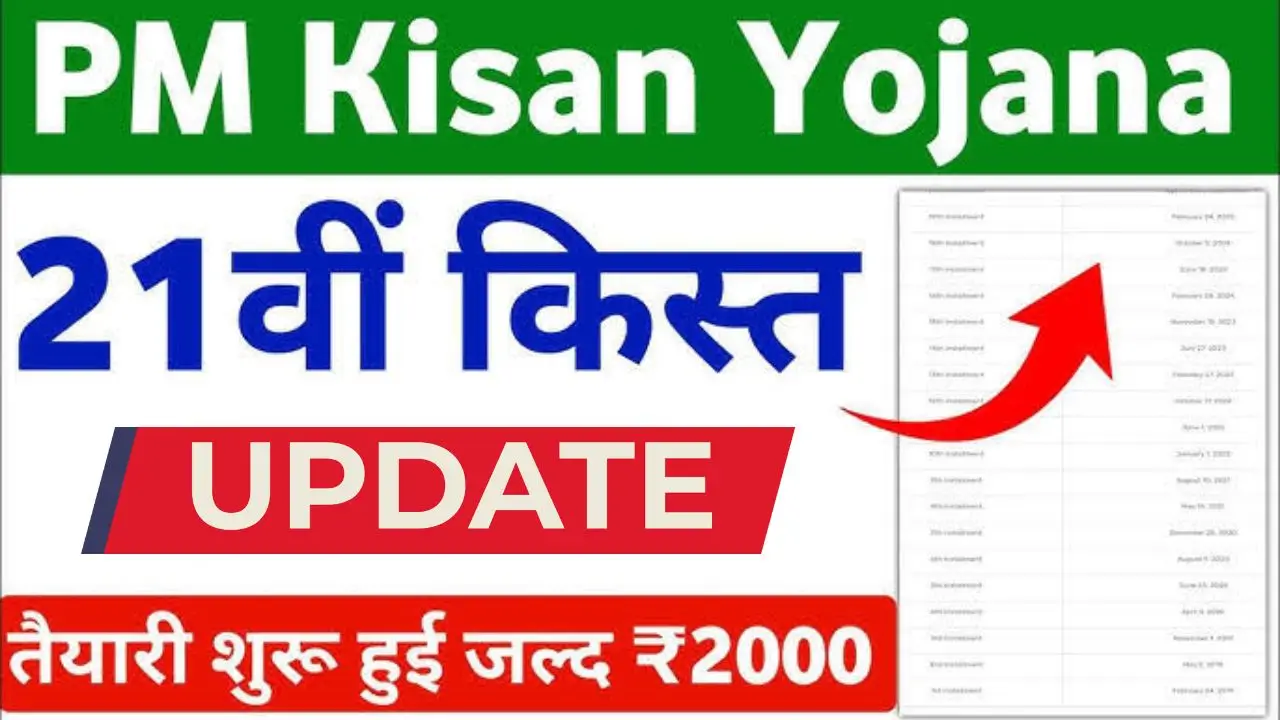The process of shifting from one school to another often comes with a number of formalities. Among these, the Transfer Certificate (TC) is considered one of the most essential documents. Parents and guardians frequently ask whether it is mandatory for securing admission when a student moves from their current school to a new institution, such as Madan Mohan Malviya Inter College.
This article explores the role of transfer certificates in the admission process, specifically in the context of Madan Mohan Malviya Inter College, while also shedding light on rules, latest updates, and practical aspects students and parents should be aware of.
What is a Transfer Certificate (TC)?
A transfer certificate is an official document issued by the school a student was previously enrolled in. Broadly, it contains details such as:
- Name of the student
- Date of birth
- Names of parents or guardians
- Previous class attended and completed
- Date of admission in the old school
- Date of leaving the school
- Reason for leaving
This certificate acts as proof that the student has formally discontinued their studies at the previous institution and is free to continue education elsewhere.
Is a Transfer Certificate Mandatory?
In Indian educational institutions, including Madan Mohan Malviya Inter College, a transfer certificate is generally required for students until they pass Class 12. The purpose is to maintain proper school records, ensure smooth academic continuity, and prevent duplication of enrollments under the same student name.
Madan Mohan Malviya Inter College, being an institution affiliated with recognized educational boards, follows standard admission procedures where a transfer certificate is considered a mandatory requirement for admission in most classes (except for special cases like admissions in nursery or preparatory sections where TCs may not be applicable).
Admission Process at Madan Mohan Malviya Inter College
When students seek admission to this college, the following steps are typically followed:
Required Documents
- Transfer Certificate from the previous school
- Original Marks Sheet or Progress Report of the last examination
- Birth Certificate (for age verification in lower classes)
- Passport-sized photographs of the student
- Address proof of parents/guardians
- Caste certificate (if applicable for reserved categories)
Key Guidelines
- The transfer certificate must be duly signed and stamped by the head of the previous school.
- In some cases, for inter-state transfers, the certificate needs to be countersigned by the education department of the State Board.
- Admission will usually not be confirmed without submission of the TC.
Important Difference: TC vs. Migration Certificate
Students and parents are often confused between Transfer Certificates and Migration Certificates.
Here is a clear distinction:
| Document Type | Purpose | Required For | Issued By |
|---|---|---|---|
| Transfer Certificate (TC) | To show that the student has left their previous school and is eligible to join a new one | School-to-school transfers (within or across states, up to Class 12) | The previous school principal/headmaster |
| Migration Certificate | To certify board-level migration for higher education | Board-to-board transfer after Class 10 or 12 | The Education Board (State Board, CBSE, ICSE etc.) |
Thus, for a student taking admission in Madan Mohan Malviya Inter College (for classes below 11th or 12th), a TC is sufficient. For college or university-level admissions, both migration and transfer certificates may be requested.
Latest Updates on Transfer Certificates
With the rise of digital education systems, some states and boards are now encouraging digitized transfer certificates to reduce paperwork.
Notable updates relevant to schools like Madan Mohan Malviya Inter College:
- Digitally verifiable TCs: Many schools issue transfer certificates with QR codes or digital signatures to prevent forgery.
- Online admission portals: State education boards have started linking TC requirements with online admission processes, making it easier for families during transfers.
- Relaxation in TC submission timelines: In some cases, if the student has not yet obtained the TC, the school may grant provisional admission provided the document is produced within a stipulated period (usually 15–30 days).
- Uniform Record-Keeping: To maintain transparency, schools are required to maintain a digital record of issued and received TCs to avoid discrepancies.
Why is the Transfer Certificate Important?
The requirement of a TC is not just a formality; it is vital for:
- Academic continuity – Ensures the student is admitted to the correct class according to their previous records.
- Verification of credentials – Confirms the authenticity of previous schooling and reduces chances of false information.
- Maintaining discipline – Prevents multiple enrollments by the same student at different schools.
- Legal compliance – Acts as an official record accepted by boards and education departments.
Scenarios Where a TC May Not Be Insisted Upon
While in most cases the TC is mandatory, there are certain scenarios where the process may be relaxed:
- If the student is seeking admission at the entry-level class of the school (e.g., nursery/pre-primary).
- If the state government issues special circulars for mid-session admissions due to unforeseen circumstances (pandemic, natural calamities, or migration).
- In case of students coming from abroad where schools may issue equivalent documents but not in the exact TC format.
Frequently Asked Questions
1. Can a student get admission to Madan Mohan Malviya Inter College without a Transfer Certificate?
Generally, no. The TC is considered essential. However, in rare cases, provisional admission may be granted until the document is produced.
2. Who issues the Transfer Certificate?
The head or principal of the previous school where the student was enrolled.
3. Is there a deadline to submit the TC after admission?
Yes, schools usually set a deadline of a few weeks. Failure to submit the TC may lead to cancellation of admission.
4. What happens if a TC is lost?
Parents must apply for a duplicate transfer certificate from the previous school. It will be reissued with proper authorization.
5. Do students shifting between boards (for example, from CBSE to State Board) need additional documents?
Yes. Along with the TC, they may need a migration certificate issued by the previous board.
Conclusion
In conclusion, transfer certificates are indeed mandatory for students shifting from other schools when seeking admission at Madan Mohan Malviya Inter College. The institution, like most recognized schools, follows structured procedures that depend heavily on this document for ensuring a seamless transition.
Parents are advised to always secure the TC well in advance when planning to move their child to Madan Mohan Malviya Inter College or any other academic institution. With the gradual digitalization of student records, the process is becoming more convenient, but the importance of the transfer certificate remains unchanged.



















